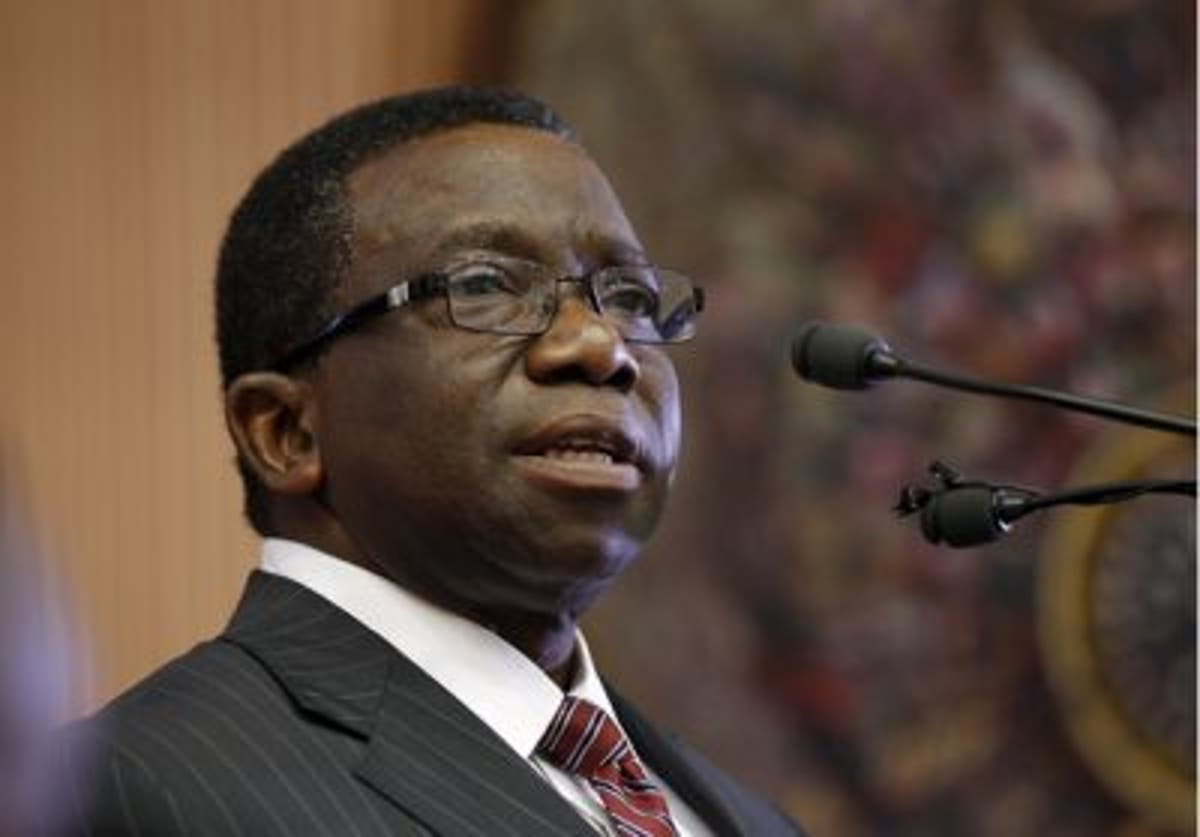In a major step to combat childhood hunger and improve education, Nigeria, alongside global leaders, has committed to expanding school meal programs to reach an additional 10 million children by 2030. The pledge was made at a global summit in Rio de Janeiro, Brazil, where over 100 governments and 130 partners gathered to discuss ways to ensure every child receives at least one nutritious meal a day.
This initiative, spearheaded by the School Meals Coalition, aims to expand its reach to 150 million children in low and middle-income countries—more than doubling the current impact. The commitment includes a focus on both nutrition and local agricultural support, with Nigeria, as the home of Africa’s largest school meal program, playing a central role.
Currently, Nigeria provides school meals to 10 million children, but the government has pledged to increase this number to 20 million by 2030, particularly targeting children in conflict zones and rural areas. The program also emphasizes partnerships with local farmers, promoting food security and strengthening the country’s agricultural systems.
Mads Thomsen, CEO of the Novo Nordisk Foundation, highlighted the transformative power of school meal programs in reducing malnutrition, boosting school attendance, and supporting smallholder farmers. He noted that these programs not only enhance children’s health but also serve as platforms for promoting sustainable agriculture, which benefits local economies.
The timing of the announcement coincides with preparations for the G20 Leaders’ Summit, where the Global Alliance Against Hunger and Poverty (GAAHP) will be formally launched. This alliance, led by Brazil during its G20 presidency, seeks to accelerate global efforts to eradicate poverty and hunger. Nigeria, along with countries like Brazil, Kenya, and Indonesia, is taking a leadership role in this global initiative, tailoring its school meal programs to local needs.
Research from the World Food Programme shows that these school meal programs have a significant impact on improving health, education outcomes, and gender equality. By providing nutritious meals, these initiatives help reduce school dropout rates, particularly among girls, and promote gender equity. Furthermore, when linked to the procurement of food from local family farmers, school meal programs foster sustainable agricultural practices, creating new markets and boosting local economies.
Cindy McCain, Executive Director of the World Food Programme, described school meals as a “game-changer” in the fight against poverty, hunger, and inequality. The WFP aims to reach 27 million vulnerable children with nutritious meals by 2025, and as part of the School Meals Coalition, it will work with governments and partners to reach 150 million children by 2030.
The World Bank also pledged to support the Global Alliance Against Hunger and Poverty, committing to extending social protection to 500 million people by 2030, including millions of undernourished children. The bank’s support will help scale up these efforts, ensuring sustainable and inclusive growth through school meal programs.
With this new initiative, school meals are set to become a vital tool in addressing hunger, supporting education, and fostering long-term economic development across the globe. The partnership between governments, international organizations, and local communities underscores the importance of collaboration in tackling the world’s most pressing challenges.










